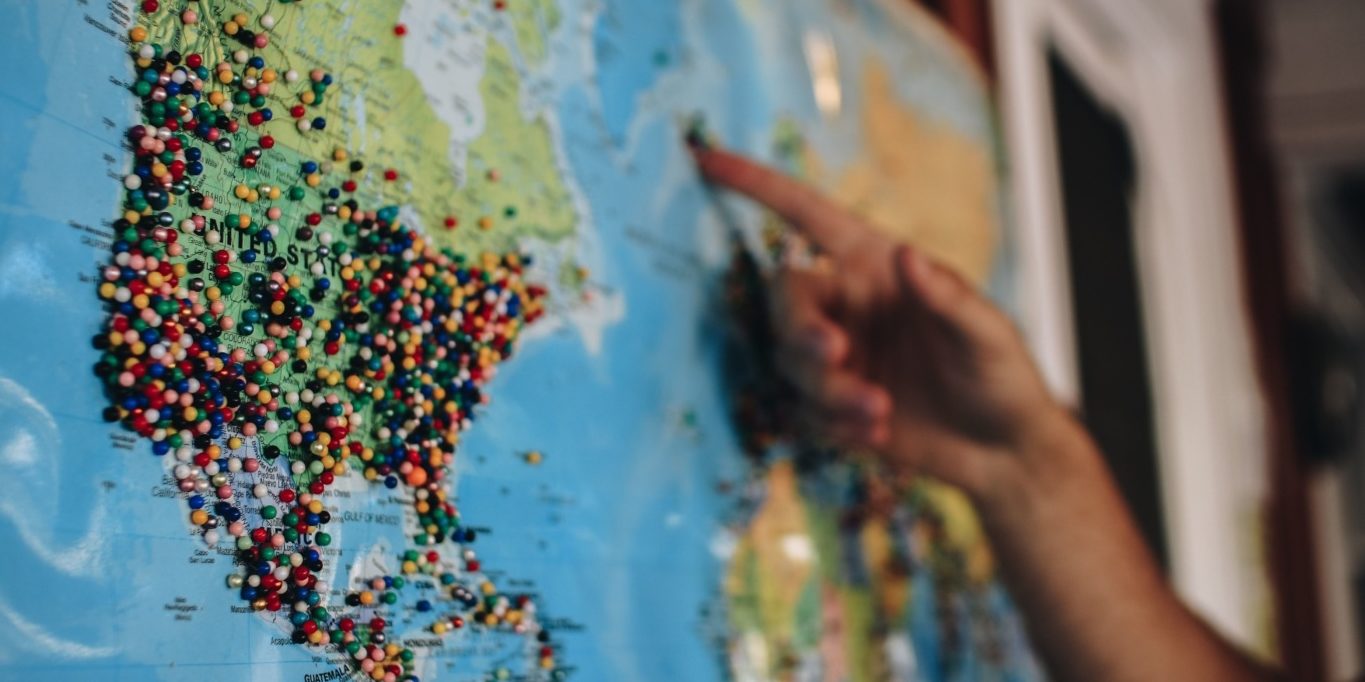The use of poetry in preserving endangered languages
Language is a powerful cultural and political tool which provides a major cultural unity in many countries. Poetry conceptualises and unites cultures and thoughts, manipulates ordinary language and in its effortless simplicity and diversity, touches minds and souls. A recent podcast by The Guardian explores the measures taken to preserve endangered languages globally through poetry, sparked by the fact that one language dies every two weeks.
The podcast discusses the decline in minority languages such as those indigenous to New Zealand, but by contrast countries like Belarus whose minority language still survives Russian Soviet regimes. Here in the UK, we are facing an institutionalised resistance to learning languages in our schools entirely. So what exactly does it mean for a language to die, and how is poetry attempting to save this situation?
When a language dies, a cultural connection, a history, and a way of thinking is erased
During secondary education I had only ever sat through one lesson on endangered languages, and remember just one episode on TV about the indigenous British languages. It is so rarely talked about in our schools and society and yet there are around 14 languages indigenous to Britain, including Manx and Cornish. We seem accustomed to the presence of the Welsh language and in Scotland and Ireland, Gaelic and Irish still form a vital part of society and identity. Although most of these languages are in some form of decline in a global sense, there is a far more pressing and immediate danger to minority languages and cultures elsewhere in the world.
When a language dies, a cultural connection, a history, and a way of thinking is erased. For many languages of the past, the erasure was brought about by an institutionalised political assimilation. The political enforcement of an outside culture often meant that the practice of indigenous languages was made illegal and this loss became more profound due to the vulnerability of those forced to conform.
Poetry forms the basis of these projects because it derives from the culture of native speakers themselves rather than through more colonial methodological forms of documentation
Where once English was arguably an imperial language (along with Russian) that attempted to strip cultures of their identity with its enforcement, now it is spreading awareness of these languages and increasing efforts to improve foreign language acquisition in Britain. However, some suggest that English still adopts imperial practices because of how widespread and essential it is becoming. This is supported by how in some instances, English is learned in favour of a minority language, as we see here in the UK.
It is precisely through the poetic work of people like Chris McCabe and Clive Boutle who dedicate their work to preserving endangered languages through the Endangered Poetry Project that the preservation of language and poetry is beginning to be achieved. Poetry, an age old art form, is an incredibly versatile literary form whose meter, rhythm, and capacity to rhyme make for an ideal tool to preserve and pass on languages and stories.
As a result, the project has received submissions not limited to Europe but instead from across the world
Poetry forms the basis of these projects because it derives from the culture of native speakers themselves rather than through more colonial methodological forms of documentation. The culture can speak for itself, and represents a diverse range of voices within that single community.
The Endangered Poetry Project is a fascinating project. On the one hand, it boosts and maintains a culture’s confidence through the recognition of its minority language. On the other, it preserves and also reimagines the function of poetry in our society. As a result, the project has received submissions not limited to Europe but instead from across the world.
According to the podcast, learning languages is facing the past and excavating meaning, but it is also engaging with the diversity of the present. Meanwhile. poetry is engaging with the ‘unsayable’ and capturing a culturally rich moment so that, in this case, hopefully it is preserved forever.

Comments